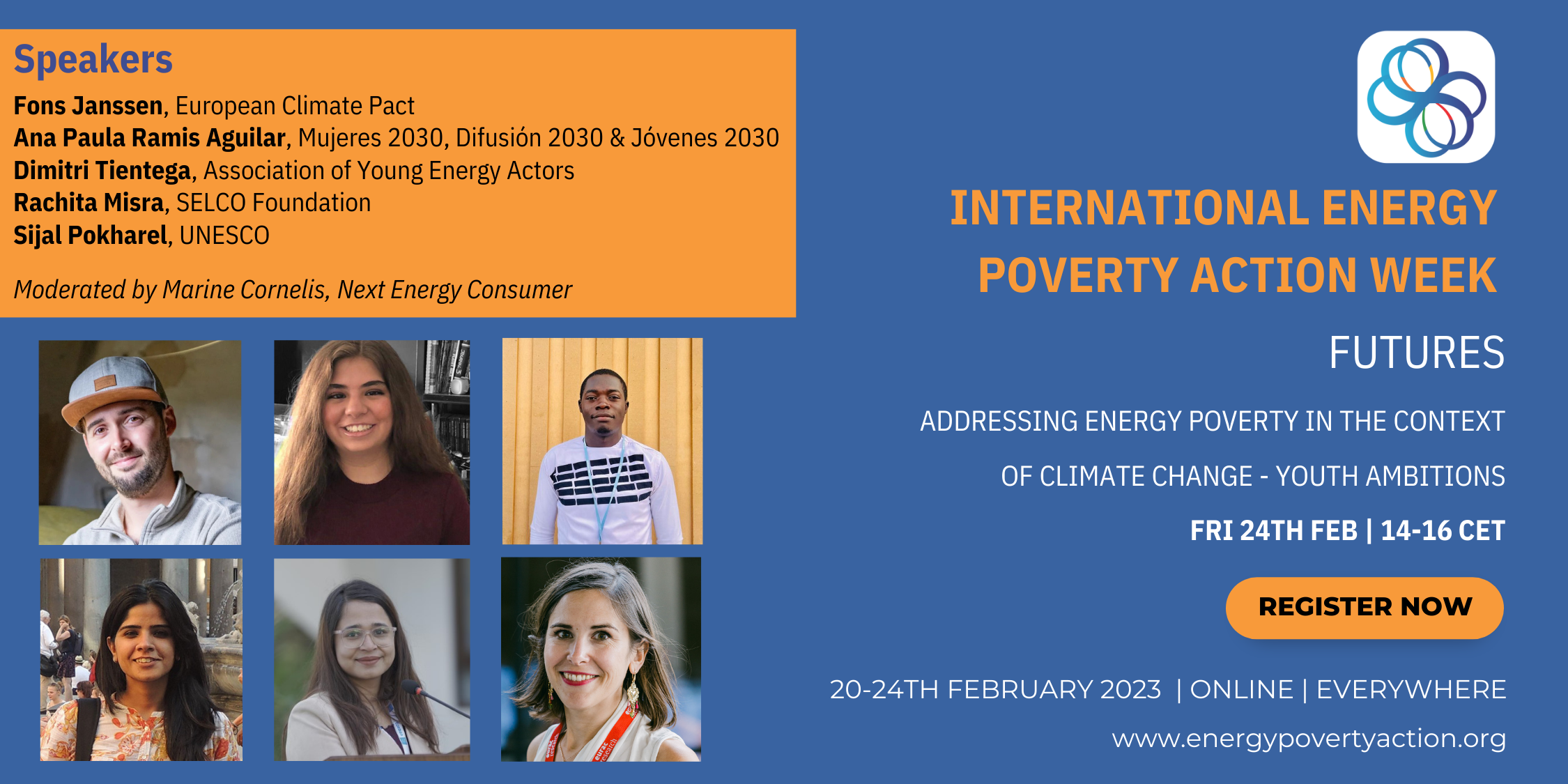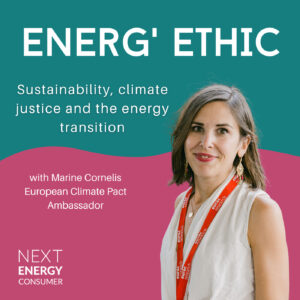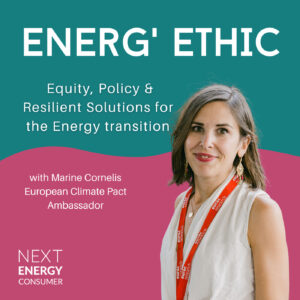As we conclude the International Energy Poverty Action Week, I feel hopeful and inspired. The panel we organized on the final day was truly amazing. I am grateful for the opportunity to bring together such a diverse group of young speakers from Burkina Faso (Dimitri Tientega), Nepal (Sijal Pokhrel), the Netherlands (Fons Janssen), India (Rachita Misra), and Mexico (Ana Paula Ramis Aguilar). Through this panel, we aimed to bring together youth activists from across the globe to discuss the links between energy poverty, community organisation, and climate action.
One of the primary takeaways from the panel was the importance of asking “why.” The ability of youth to question the status quo and challenge existing power structures is critical to driving change and creating a fairer and greener future. Small and big changes are equally essential and can significantly impact local, national, and international levels.
“2050 seems far away for some people. But for Millennials and Gen Z, it’s within our working lives that these challenges need to be solved“
The speakers emphasised the need to address energy poverty in the context of climate change, recognising that the two issues are deeply interconnected. They highlighted the importance of resilience in areas already experiencing the effects of climate change, such as heat-stressed areas (Northern India, for instance). They also emphasised the significance of gender equity and the health sector’s role in addressing energy poverty: the solutions must be multi-levelled, and clean energy access is a baseline for further action.
What was most inspiring about the panel was the young speakers’ audacity to dream big and set ambitious goals. They recognized the importance of complementary views, breaking silos, and building trust to create a shared vision for the future. They stressed the need to address root causes and take action-oriented approaches to fill the gaps in current systems.
As the moderator, I was heartened to see the energy and enthusiasm of these young people. Their lived experiences bring a unique perspective to the conversation and underscore the urgency of addressing energy poverty and climate change through the lens of the youth. They are the leaders of today – not only tomorrow.
I would like to take this opportunity to thank my colleagues, particularly Manon Burbidge, who put in a lot of effort and dedication to make this event a success. With the International Energy Poverty Action Week, have created a space for young people – and not so young! – to share their ideas, visions, and hopes for a fairer and greener future. Let us continue to work together to turn these ambitions into action and create a better world for all.



